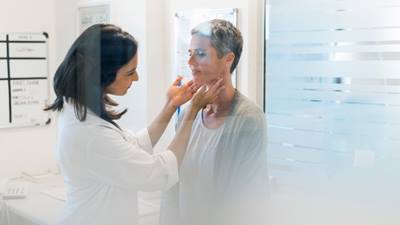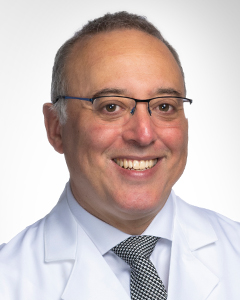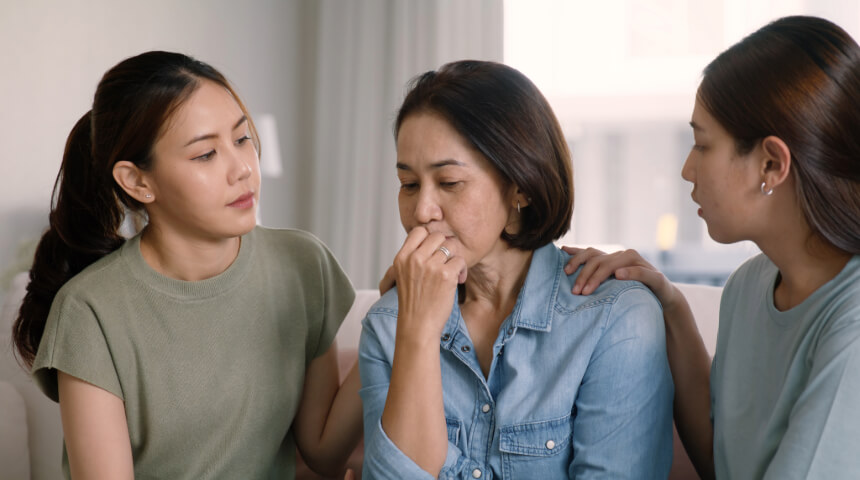Connection Between Roundup and non-Hodgkin’s Lymphoma?
Does Roundup, the most popular weed killer in the world, cause cancer—specifically non-Hodgkin’s lymphoma? A California jury awarded a former school groundskeeper $289 million in damages from Roundup’s manufacturer, Monsanto, after the groundskeeper developed a terminal case of non-Hodgkin’s lymphoma.
Concerns about herbicides and pesticides being environmental toxins is not new, but this 2018 case brought the issue to the forefront. Even after the verdict, Monsanto maintains that its studies suggest Roundup doesn’t cause cancer.
Lymphoma and Environmental Influences
Lymphoma is a type of cancer that starts in cells that are part of the body’s immune system. Because there are many types of lymphomas, it is important to know which type is being considered.
The court case, for example, focuses on Non-Hodgkin’s lymphoma (NHL), which starts in the white blood cells, or lymphocytes. It usually affects the lymph nodes and other lymph tissue, but also can affect the skin. NHL can be found anywhere lymph tissue is found, including the lymph nodes, spleen, bone marrow, thymus, adenoids, tonsils and digestive tract.
Non-Hodgkin’s lymphoma is one of the most common cancers, representing 4 percent of all cancers in the United States. It is an acquired disease, meaning that you’re not born with it and you may not have other family members with the disease. Doctors don’t know exactly why NHL occurs, but believe something triggers the body’s response.
When it’s difficult to pinpoint a specific cause, it does make sense to look at environmental factors. The challenge is being able to identify an individual factor. For example, it’s possible that someone could develop NHL from an infection we haven’t yet identified, or from a different toxin in the environment. Why would one person who is exposed to the toxin get sick, but others who are exposed might not?
While we don’t yet have the answers to these questions, what we can do is consider some common-sense measures of protecting ourselves from potential toxins in the environment. For example, whether you use strong chemicals as a professional or in your own home, read the labels to note any hazardous chemicals that are ingredients. Replace those products, or if they must be used, protect yourself by using gloves, goggles and masks, and making sure the area you’re working in is fully ventilated.
Reducing the Risk of NHL
Preventing Non-Hodgkin’s lymphoma can be tricky. Unlike other forms of cancer, such as cervical or breast cancer, no screening exists for it. However, you can reduce your risk factors, i.e. getting the Hep B vaccine, and effectively treating HIV and other illnesses that can weaken the immune system.
Outlook for NHL
The good news is that lymphomas are treatable with chemotherapy, immunotherapy and radiation, and depending on types and progression, survival rates continue to increase. The first step after being diagnosed with lymphoma is to talk with your doctor to get a good understanding of what specific type of disease you have. Although the urge to self-educate is strong, with so many variations and treatments of the disease, it can be difficult to focus in on the information most applicable to your situation. Your doctor can help you narrow down the wealth of information to keep it from becoming overwhelming.
We will continue to make strides in understanding and treating lymphomas. In the meantime, using a common-sense approach to prevent environmental exposure and reducing lifestyle risk factors can help reduce your chances of developing lymphoma.
Learn More About Treatment for Blood Disorders
At Orlando Health Cancer Institute, our doctors have disease-specific expertise in cancers and blood disorders. Through cancer research and affiliations with local and national leaders, we strive to give you comprehensive care.
Request an Appointment with a Cancer Specialist










